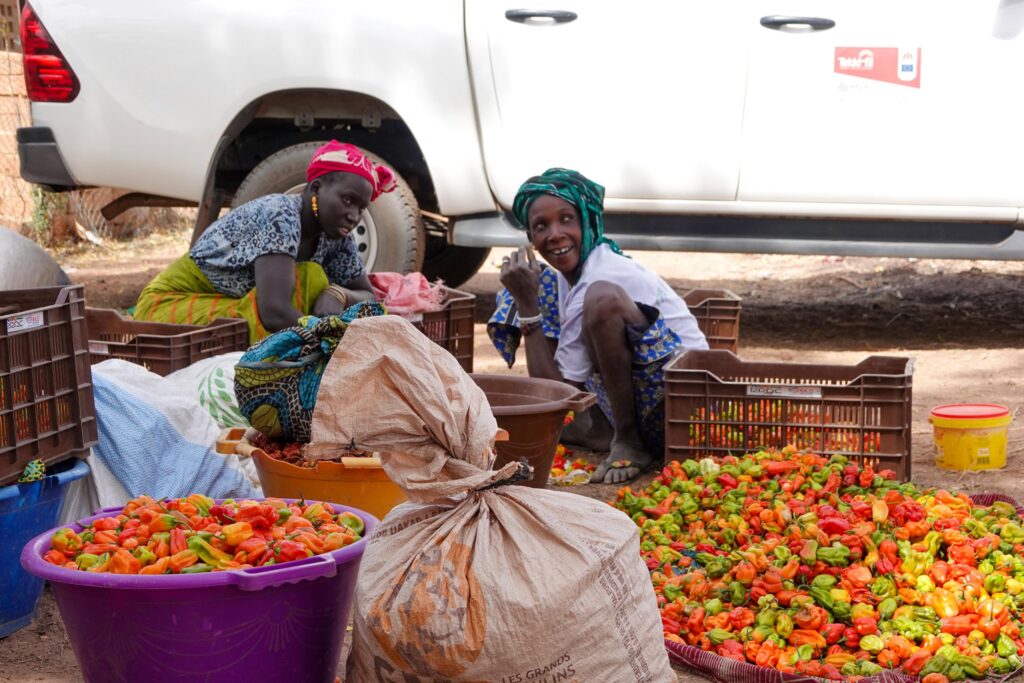Read in
By Ismaila Sonko
Women farmers in North Bank Region (NBR) have called on the government of The Gambia through the Ministry of Agriculture to help them with harvesting equipment to avoid post harvest losses after the end of the raining season.
They made the remark during an interview with The Point recently.
Women represent about 75% of the agricultural activities in The Gambia and they carry most of the labour in order to provide their family needs.
However, despite conventionally growing lower-value subsistence crops as opposed to men who commonly manage cash crops, Gambian women are transforming horticulture into a profitable business at the service of sustainable development. However, they are adversely being challenged by the availability of farming equipment and high cost of fertiliser across the region.
Mariama Dampha, a farmer from Badibou Noo Kunda, said they ploughed their rice field by using primitive tools in extreme hard labour, citing that if they had adequate support, it would motivate them to cultivate a greater portion of their swamps commonly known as “faros”.
Fatoumatta Ceesay, another farmer from Salinnei Saho, underscored the importance of modern farming tools in boosting crop production and yield.
She added that the timely availability of a tractor to till the land has extremely affected them in their drive to ensuring food self sufficiency in the country.
Jainaba Jaiteh, another farmer, said their only hope is farming as it is the main source of income to support their families. She thus called on relevant stakeholders and philanthropists to come to their aid for the best interest of Gambian women and betterment of the country.
Amplifying the voices of the women Seedy Jallow, stressed that the women endure a lot on their farming and investing in Gambian women farmers represents an imperative step to boost gender equality, food and nutrition security and local economic development from one generation to another. It also helps shortening the path towards Sustainable Development Goals (SDGs) 1, 2 and 5.



